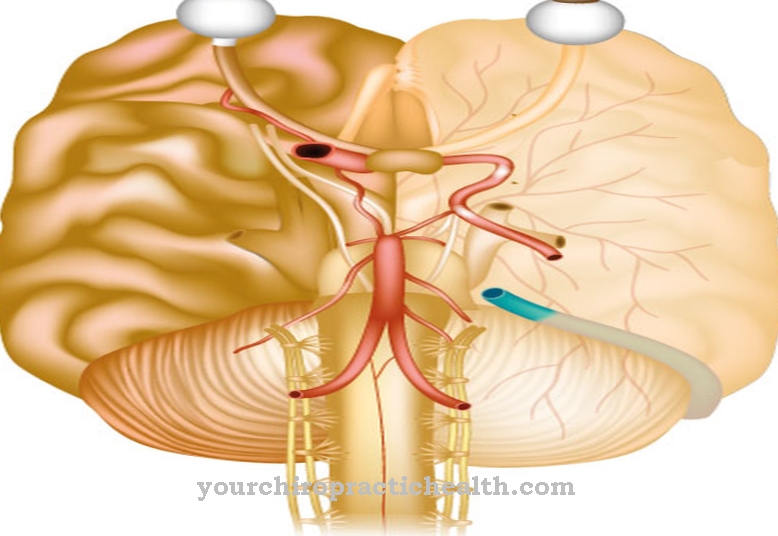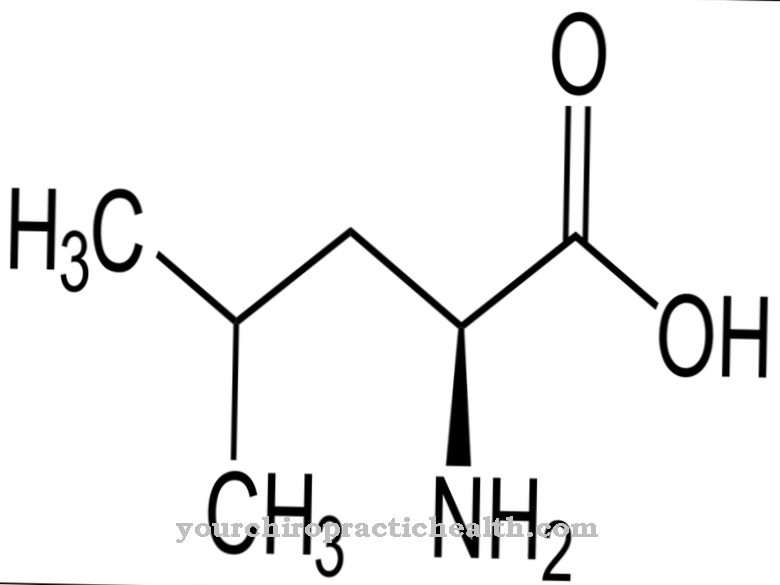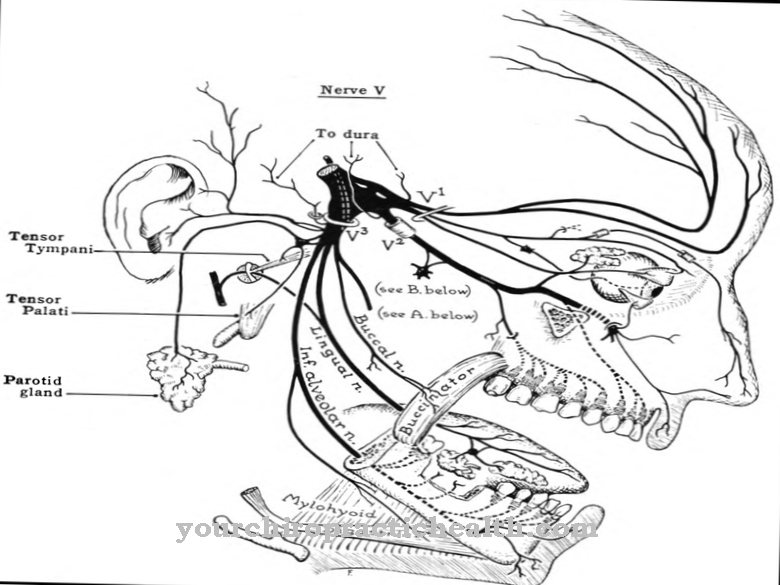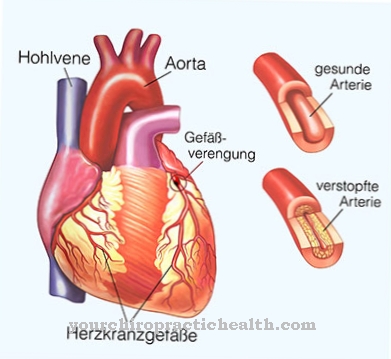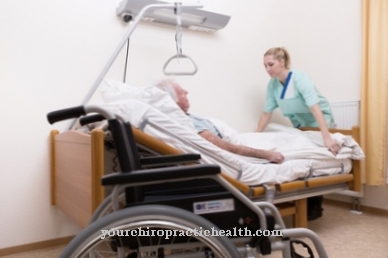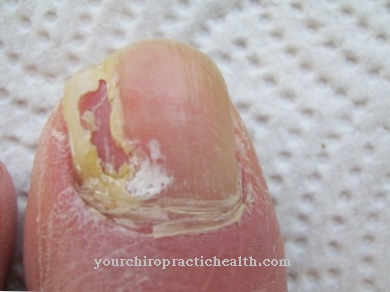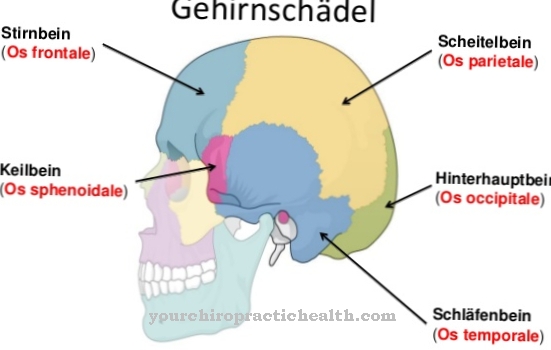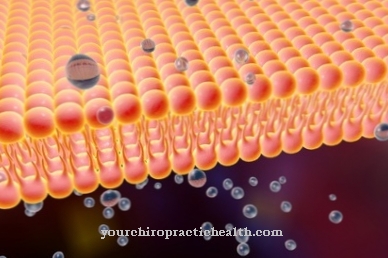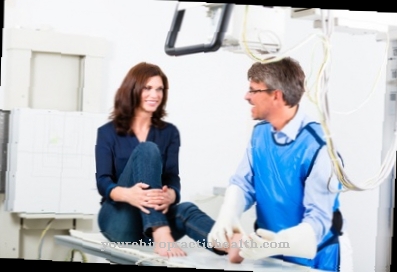Under neurodegenerative diseases diseases are summarized, the main characteristic of which is the progressive death of nerve cells. The best known include Alzheimer's disease, Parkinson's disease and amyotrophic lateral sclerosis (ALS). In addition, less common diseases such as Creutzfeldt-Jakob disease and Huntington's disease also fall into this group.
What are neurodegenerative diseases?

© logo3in1 - stock.adobe.com
Neurodegenerative Diseases usually occur in old age - unlike in the physiological aging process, the breakdown of nerve cells progresses faster and to a greater extent. As a result, massive impairments of mental and physical abilities occur, which increase more and more.
The pathological breakdown processes of the nerve cells are mostly limited to certain parts of the brain, but can also affect the entire central nervous system. Due to the increasing life expectancy, neurodegenerative diseases are becoming more and more important; despite intensive research, a cure has not yet been possible.
causes
The causes of the pathological breakdown of nerve cells have not yet been clearly clarified. Genetic factors play a role as do disorders in protein metabolism, as a result of which protein deposits lead to the death of nerve cells in the brain. In contrast to other cells in the human body, brain cells are usually very long-lived, but have only limited ability to regenerate.
Premature cell death can therefore only be counterbalanced with difficulty by the organism. Infections and inflammatory processes, environmental toxins and traumatic brain damage are also discussed as triggers. It has not yet been fully clarified whether risk factors such as obesity, high blood pressure and diabetes mellitus also promote the development of a neurodegenerative disease.
Symptoms, ailments & signs
The symptoms of each disease depend on the type of nerve affected. In Parkinson's disease, for example, the nerve cells that produce the hormone dopamine, which is necessary for coordinating movements, die: typical tremors, stiff gait and slowed movements occur.
In the hereditary disease Huntington's disease, involuntary movements of the head and extremities are initially noticeable, followed by speech and swallowing disorders. Alzheimer's disease is characterized by an increasing forgetfulness that goes far beyond the normal level - temporal and spatial orientation is also becoming increasingly difficult.
In amyotrophic lateral sclerosis, which can also occur at a young age, only the nerve cells (motor neurons) responsible for the movements of the muscles are affected, which is noticeable through spastic paralysis and increasing muscle weakness. As with Parkinson's disease, intellectual abilities are generally not impaired in this disease, but the physical symptoms often lead to depression, sleep disorders and anxiety.
Diagnosis & course of disease
The diagnosis is preceded by a detailed questioning and examination of the patient and his relatives: Noticeable movement disorders or significant impairments of mental abilities already provide initial information about the clinical picture. If there is a suspicion of dementia, psychological test procedures provide further clues.
Computed tomography, magnetic resonance tomography and magnetic resonance tomography are available as technical examination methods, through which pathological changes in the brain can be made visible. In order to rule out other diseases, comprehensive blood tests are carried out - an examination of the cerebrospinal cord water (liquor) can confirm the suspicion of Alzheimer's disease or Parkinson's disease.
Genetic tests are used to detect hereditary diseases such as Huntington's disease. To confirm amyotrophic lateral sclerosis (ALS) and spinal muscular atrophy, electrical muscle activity and nerve conduction velocity are measured. In some neurodegenerative diseases, such as Creutzfeldt-Jakob disease, changes in brain waves can be seen in the electroencephalogram (EEG).
The loss of mental and / or physical abilities progresses steadily over the years in all neurodegenerative diseases. At an advanced stage, it is usually no longer possible to lead an independent life.
Complications
Neurodegenerative diseases always progress and often lead to serious complications in the late stages. Therefore, the most important task is to slow down the process of degeneration. The complications that can occur also depend on the disease in question. Alzheimer's disease is characterized by the fact that cognitive abilities decline more and more. Like many other neurodegenerative diseases, Alzheimer's is not a fatal disease.
In the later stages of the disease, however, the affected patient must be constantly cared for by nursing staff, as the increasing inability to take care of themselves can lead to death through starvation or thirst. It is also no longer possible to take essential medication. Furthermore, neurodegenerative diseases such as Alzheimer's or Parkinson's can also lead to other complications in later stages, such as life-threatening infections of the respiratory tract (pneumonia), swallowing disorders up to complete cessation of swallowing or life-threatening falls.
One of the most serious diseases of this type is Huntington's disease. Huntington's disease itself always leads to death, which usually occurs 15 years after diagnosis. In the course of this disease, the energy consumption increases steadily and there are problems with eating. As with many neurodegenerative diseases, Huntington's disease also has an increased risk of suicide. There is currently no causal therapy for any neurodegenerative disease. Only the symptoms can be alleviated.
When should you go to the doctor?
If other people can perceive trembling hands or restless limbs in an affected person, the observation should be discussed openly and followed up. If the tremors persist or if it increases in intensity, a doctor should be visited to clarify the symptoms and make a diagnosis. If there are changes in the normal course of movement, slowed movement or a stiff gait, an examination of the symptoms is indicated.
Disorders of coordination, problems with performing normal sporting activities and an increased risk of accidents are signs of an irregularity that must be discussed with a doctor. If unusual head movements are found, there is cause for concern and a doctor should be consulted. If there are memory problems, forgetfulness or disturbances in the retrieval of learned skills, a doctor is required. If the person concerned complains of symptoms during the act of swallowing, loss of appetite or if there is a change in weight, a doctor should be consulted.
Changes in mood, depressive behavior, indifference and withdrawal from social life should be discussed with a doctor. Sleep disturbances, diffuse fears and a decrease in physical performance indicate a disease that requires action. Paralysis or general ailments of the muscular system should be examined.
Treatment & Therapy
Despite intensive research, neurodegenerative diseases are so far not curable. The aim of therapy is therefore to slow down the progression. The course of Parkinson's disease can be positively influenced by drugs that compensate for the dopamine deficiency underlying the disease: In many cases, the symptoms remain stable for years, although unpleasant side effects are not uncommon.
Good results can also be achieved by using a brain pacemaker for deep brain stimulation - since the operation is not free of risks, it is only carried out after the medical possibilities have been exhausted. Targeted coordination and movement exercises counteract muscle weakness and tension in neurodegenerative diseases.
Voice and speech therapy may also be indicated. If, as in Alzheimer's disease, the focus is on the decline of mental abilities, psychotherapy and memory training are used in addition to drug treatment. A nasogastric tube ensures food intake in the advanced stage of amyotrophic lateral sclerosis (ALS), in which mechanical support for breathing may also be necessary.
In addition to conventional medical therapy, in some cases the use of alternative treatment methods - such as osteopathy or acupuncture - can help alleviate the symptoms.
You can find your medication here
➔ Medicines against memory disorders and forgetfulnessOutlook & forecast
Patients diagnosed with neurodegenerative disease have an unfavorable prognosis. Although the intensity of the disease and the progress of the underlying disease must be assessed individually, they all have in common the decay of the nerve cells.
The cognitive degradation processes can be slowed down if the diagnosis is made early and therapy is started in the early stages of the disorder. However, they are not completely prevented. At the same time there is no way that the already damaged nerve cells regenerate again. The focus of the underlying disease is fundamentally on improving the current quality of life and delaying further degradation processes.
The general life expectancy is reduced for those affected. If medical care is not received, there is a more rapid deterioration in general health. Often it is no longer possible to cope with everyday life without help. In addition to disturbances in mental capacities, the further course of the disease also leads to a loss of mobility. Confusion, disorientation and an increased risk of accidents are given.
The underlying diseases represent a strong emotional burden for the patient and their relatives. Therefore, when making the prognosis of the further development of the disease, the probability of developing a mental illness must be taken into account. These lead to a further worsening of the overall situation, as they also take an unfavorable course on the development of physical possibilities.
prevention
The causes of neurodegenerative diseases have not yet been fully researched. At least some of the diseases in this group are based on genetic factors: Targeted prevention is therefore only possible to a limited extent. At least on the occurrence of Alzheimer's disease, a healthy lifestyle with lots of exercise, mental challenges, but also the necessary recovery phases seem to have a positive effect.
Certain environmental toxins (pesticides, heavy metals) are suspected to favor Parkinson's disease - contact with such products should therefore be avoided as far as possible. Early detection plays an important role: if treatment starts in the early stages of the disease, its progression can often be significantly delayed.
Aftercare
Neurodegenerative diseases are fundamentally incurable. In addition, they progress inexorably and deprive patients of their independence in the long term. Therefore, those affected are always dependent on permanent follow-up care until the end of their lives.
The quality of aftercare also decides on the quality of life of the sick. The type of follow-up in turn depends on the illness and phase of the illness. In mild cases, in addition to medical treatment, exercise and mental training can help to compensate for certain deficits.
The more intensively the patient is cared for in this regard, the longer he can maintain his independent way of life. However, when dementia and inability to move are more advanced, those affected often need professional support in all situations and at any time of the day. In many cases, this help in the home environment can no longer be provided by relatives alone.
Well-trained nurses who look after the patient day and night are of great help in caring for their sick family member. In other cases, only the placement in a care facility can guarantee those affected a decent life. Neurodegenerative diseases without dementia such as ALS, among others, also require permanent care due to the increasing limitation of mobility and organ functions.
You can do that yourself
In dealing with the patient in everyday life, correcting, rebuking or pointing out deficits should be avoided. Instead, recognition and praise for what has been successful lead to positive success in the relationship with the sick person. With regard to his resources and skills, he should be assigned smaller tasks or simple activities. It's not about getting a job done perfectly. Rather, the focus is on being useful and still being able to achieve something.
Relatives must learn to enter the world of the sick person and to treat them with respect. Naomi Feil, founder of integrative valitation as a form of communication with dementia sufferers, called it: "Walking in the shoes of the other." In doing so, she explained that the sick person must be picked up where they are in terms of their psychological, emotional and spiritual state. Only at this level is it possible to communicate with the patient with a lot of empathy and compassion.
Withdrawal due to the illness should be avoided. Rather, the social environment must be informed and enlightened about the illness, the clinical picture and the associated changes in living together. The acceptance and recognition by the social environment are equally important in everyday life for the sick person and for the relatives.

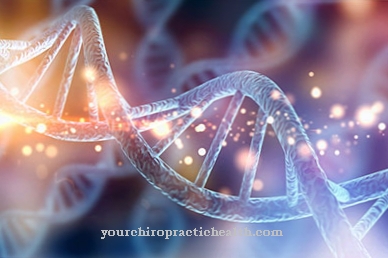
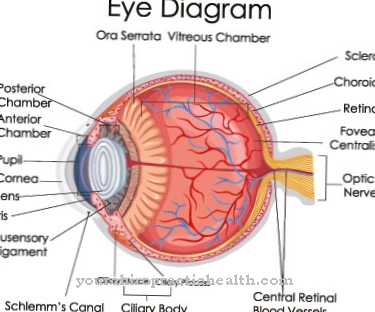

.jpg)
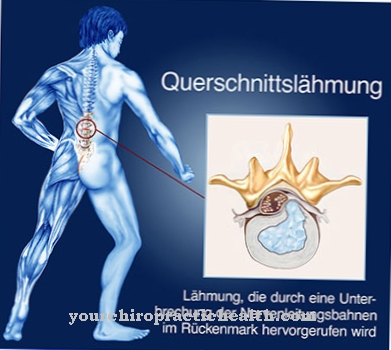
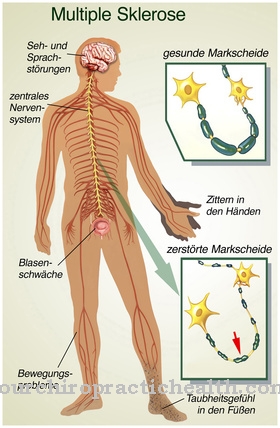

.jpg)

